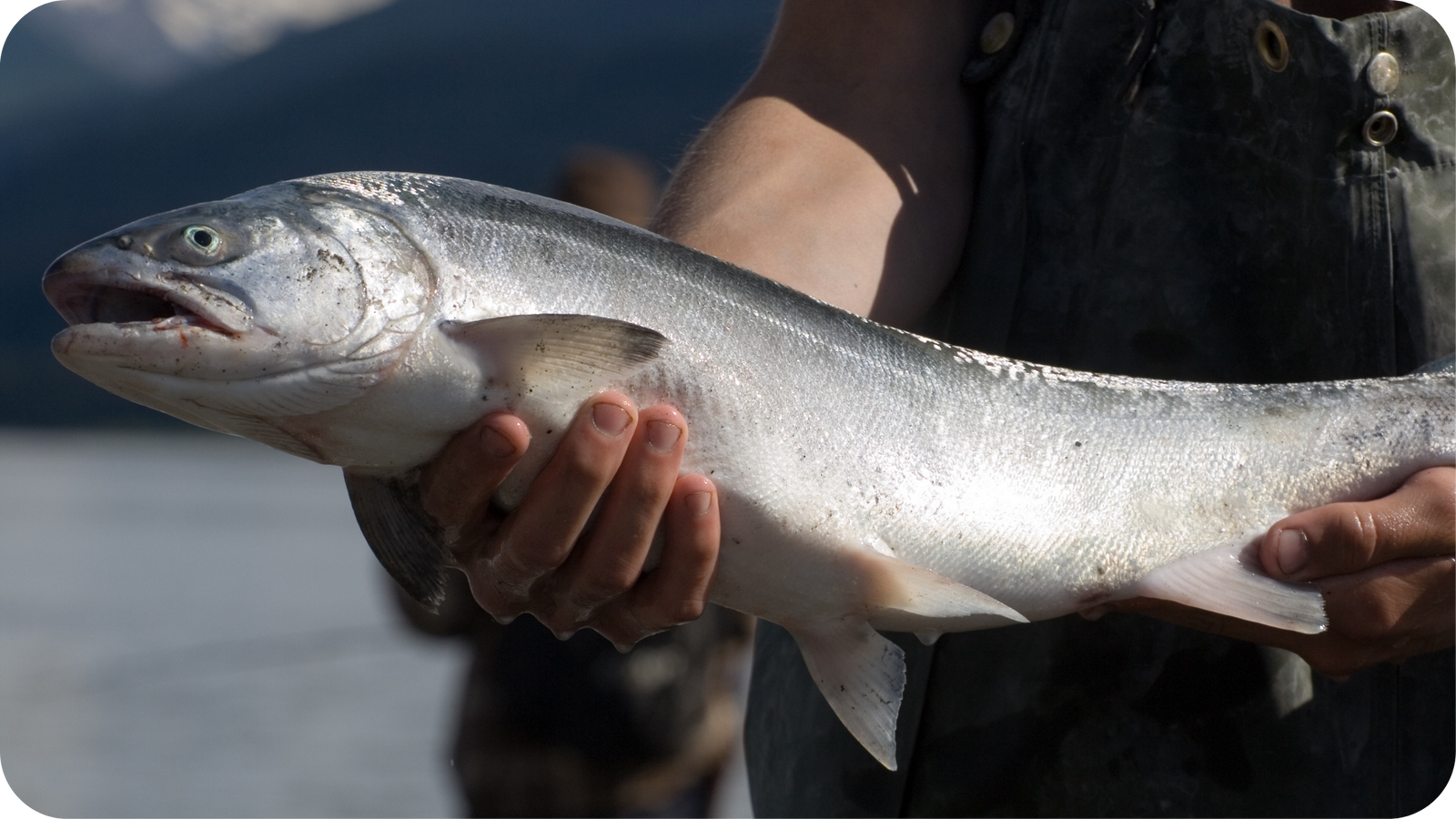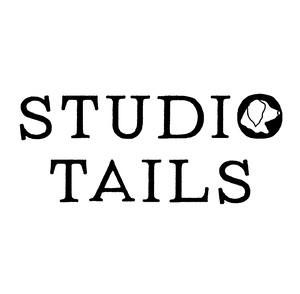Eco-Friendly Plastic Created From Salmon Sperm DNA

Did you know Chinese researchers have created a plastic alternative from salmon sperm?

That’s right! This new plastic-like material is formed from salmon DNA. Two short strands of salmon DNA are combined with a chemical derived from vegetable oil. What are the results? A gel-like squishy substance called hydrogel. The Journal of the American Chemical Society published a report on this new bioplastic.
This hydrogel can be made into all sorts of different shapes after freeze-drying to remove moisture. According to Gizmodo, scientists have already created samples of puzzle pieces, cups, and a plastic DNA model from hydrogel using a process called aqua-welding. This new bioplastic even requires 97% fewer emissions to make compared to traditional polystyrene plastics (Vice).
This plastic alternative is a great environmental solution since oil-based plastics use tons of heat and toxic substances to manufacture and take hundreds of years to break down in the environment. There are many plastics that are marketed as recyclable, but most plastics objects end up in landfills according to EuroNews Green.
How is it recycled?

J. Am. Chem. Soc. 2021, 143, 46, 19486–19497
DNA-digesting enzymes can be introduced to break down the material. If there are no enzymes available, the material can be submerged into water to turn into a slop of of hydrogel according to Gizmodo. So you might want to think twice about putting your beer in the sperm-derived cup.
How sustainable is it?

Even so, researchers insist it’s the most sustainable material compared to other current plastics. Other biodegradable bioplastics like algae, cornstarch, and sawdust leave a small carbon footprint and creating these materials still require energy provided by fossil-fuels.
EuroNews Green claims that because the salmon sperm bioplastic is made from DNA strands, this type of plastic can be derived from a variety of DNA sources like plants or bacteria.
There are about 6.3 billion tons of plastic trash on the planet (Gizmodo) and despite its water-resistant limitations, researchers are hopeful that this salmon sperm-derived plastic can help reduce plastic waste if it enters the market.

So what do you think? Are salmon-sperm derived plastic cups going to make it into your kitchen?





